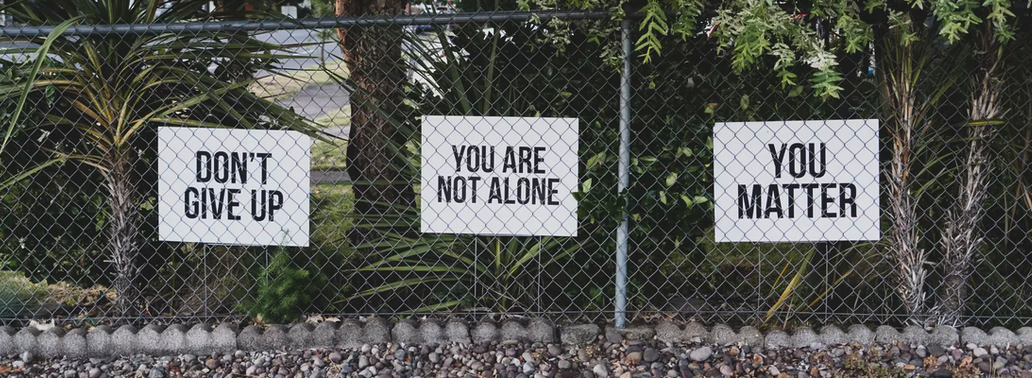
This blog is by Max Rankin. Max is one called to come alongside and help. He is part of the leadership of Verve Lead. His practical insights will help many. Flick a link to this to someone who would benefit. Leave a helpful comment below.
“I do not understand what I do. For what I want to do, I do not do. But what I hate, I do.”
Romans 7:15
Is this verse descriptive of your experience? Had moments of success only to fall back into old patterns that are hindering you from moving forward? Tried multiple strategies that have not given you the outcome you desired? Do family challenges persist? Feeling frustrated with yourself?
Power of Self-Awareness
How do you respond when people say, ‘You should do this…?’ Generally, this question reflects someone else’s perceptions, and it lacks the creative power of self-awareness. This is in contrast to the power of self-awareness as seen in the Prodigal son. Here the individual in Luke 15 discovers;
- Motivation with ‘I will …’,
- Direction ‘… go to my Father…’ and
- Strategies ‘… and I will say…’
Productive change is foreseeable when elements of motivation are linked to direction and strategies.
Hindrances to Self-Awareness
The desire to self-diagnose and self-manage our own way through challenges has limitations. This approach allows blind spots to furnish faulty information that leads to flawed decisions. In turn, these decisions cause defective behaviour and less desirable outcomes. We are not informed of what influenced the decisions of the Prodigal Son to say, ‘Give me my share’ or to mismanage his inheritance.
I Have Listed Some Possibilities for this Below:
- Denial – Refusing to admit to yourself that there is a problem.
- Displacement – Directing your frustration to people with little power.
- Projection – Blaming others for your frustration and lack of progress.
- Rationalisation – Developing acceptable reasoning for unacceptable performance.
- Regression – Returning to the coping strategies of a less mature individual.
These blind spots operate at an unconscious level, and they do reduce anxiety for a time, but this reduction further entrenches the blind spots.
However, if you are now aware of these harmful patterns and want to challenge a self-management mindset then developing self-awareness will be a valuable tool.
Generating Self-Awareness
James 5: 16
“Make this your common practice: Confess your sins to each other and pray for each other so that you can live together whole and healed. The prayer of a person living right with God is something powerful to be reckoned with.”
The verse above has elements of openness, humility, sacrifice, willingness, surrender, responsibility, faith, hope and connection with others, which makes it so powerful. The model for success remains the “one another” life.
Call to action
Do you feel that blind spots are influencing you? Can you let go of self-diagnosis and self-management? If the answer is “Yes” then contact a trusted mentor, coach, supervisor, or therapist. People who are skilled in creating an atmosphere of trust, transparency and self-awareness that can support you to discover your unique motivation, direction and strategies towards wholeness and healing.
Continue reading with these articles…
Recent Posts
Categories
- Coaching
- Emotional Health
- Empowering Transformative Action
- Flourish
- Gauges
- Grief
- Grief
- Healthy Emotional Intelligence
- Healthy Lifestyle
- Mature Disciple: foundational competency for mentoring
- Mentoring Excellence
- Professional Supervision
- Reduced Risk
- Replenish
- Resources
- Seasoned Christian Leadership
- Sustainable Life
- Thriving Relationships
- Uncategorized
- Videos
- Vital Spirituality
- Well-Being
- Well-Being Mentoring



